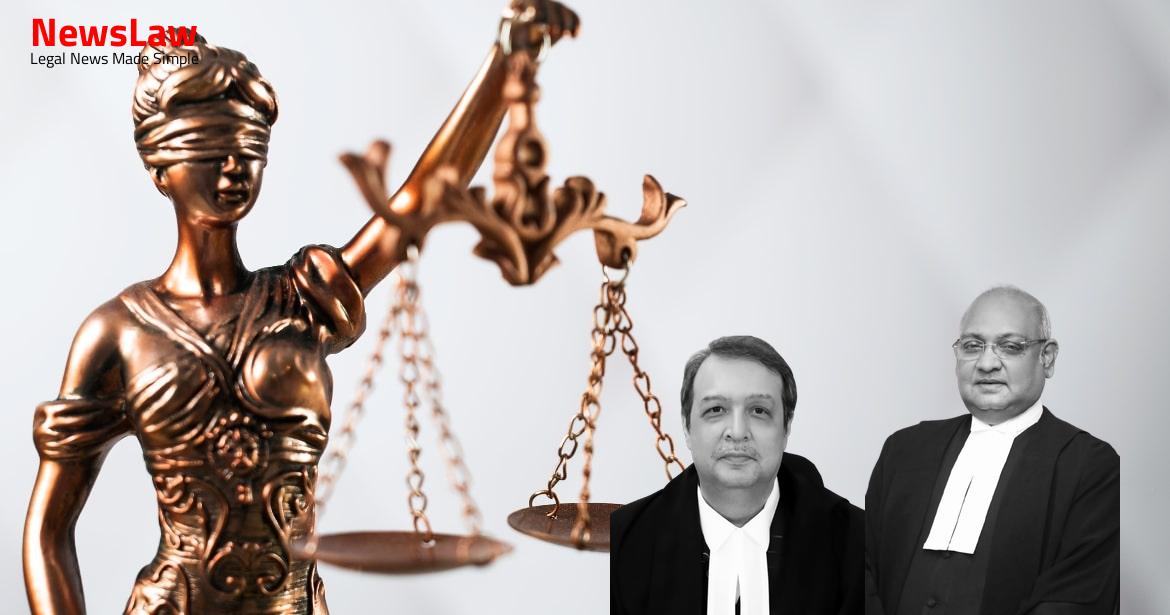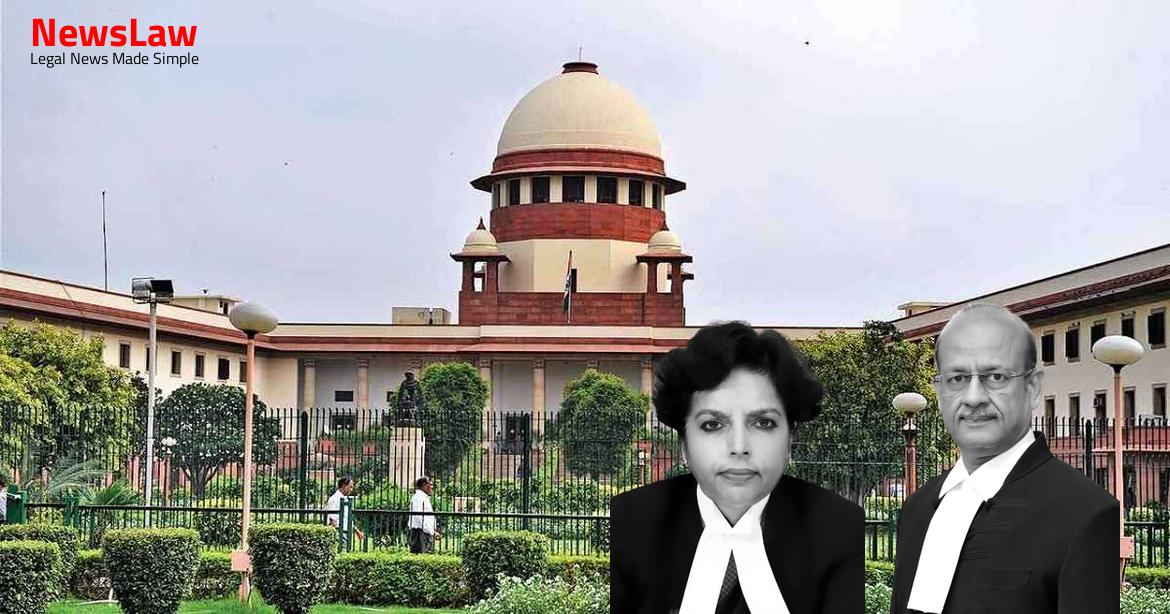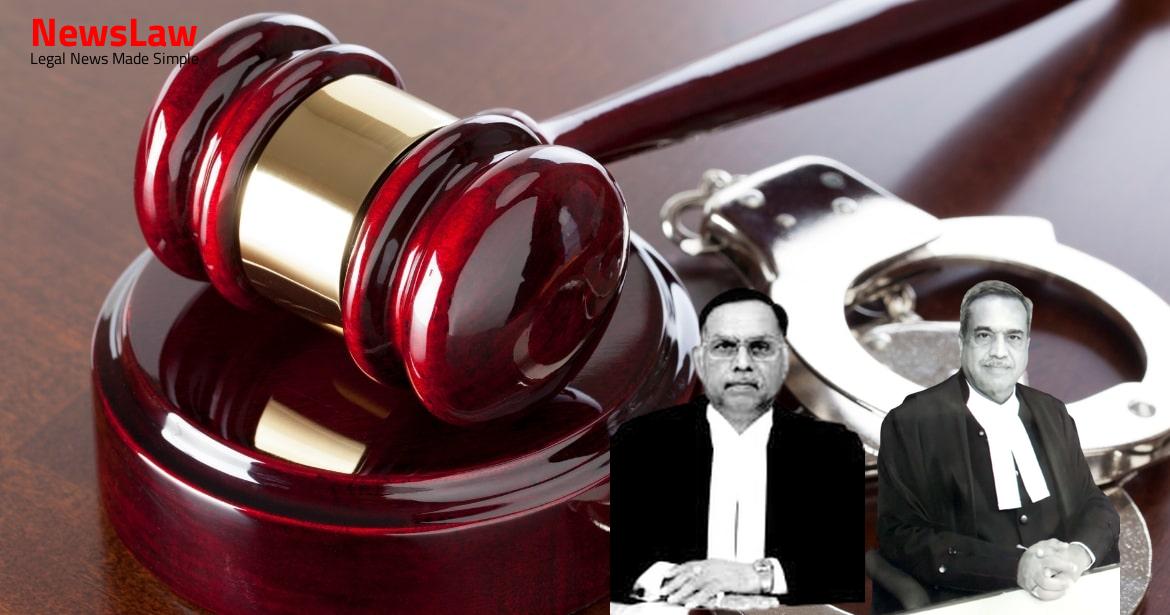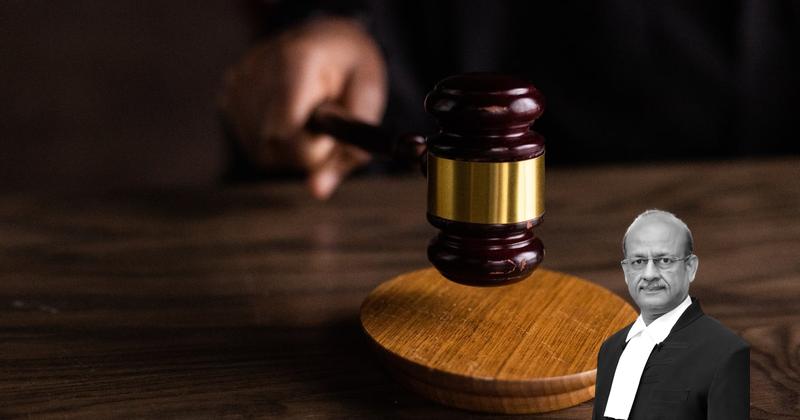Explore the detailed legal analysis of extra-judicial confessions in criminal appeals, emphasizing the necessity of stringent criteria for admissibility and reliability. Dive into the complexities of court judgments regarding confession evidence and the importance of corroborative sources. Stay informed on the critical aspects of the law surrounding such evidence. #LegalAnalysis #ConfessionEvidence #CourtJudgement
Facts
- The appellant was convicted for the offence of murder under Section 302 of the IPC and sentenced to life imprisonment with a fine of Rs. 25,000/-.
- The appellant was also convicted for the offence under Section 201 read with Section 34 of the IPC and sentenced to five years of simple imprisonment with a fine of Rs. 5,000/-.
- Accused No 3 was convicted for the offence under Section 201 read with Section 34 of the IPC and sentenced to three years of simple imprisonment with a fine of Rs. 5,000/-.
- Accused No 3 accepted the conviction, underwent the sentence, and did not file an appeal.
- The High Court allowed the State of Karnataka’s appeal against the acquittal and held the appellant guilty of murder under Section 302 of the IPC.
- The High Court sentenced the appellant to life imprisonment with a fine of Rs. 25,000/- and in case of default in fine payment, further simple imprisonment for six months.
- Appellant along with two co-accused were put on trial for various offences including murder of Kamalamma due to her opposition to illicit relationship
- Post-mortem report revealed cause of death as head injuries in the form of fractures
- Evidence of accused assisting in wrapping and dumping dead body, along with discovery of weapon and other items
- Trial court framed charges, and case was registered in Sessions Court
- Oral and documentary evidence presented by prosecution to support the case
- Accused pleaded not guilty to the charges
- Accused were alleged to have conspired to eliminate Kamalamma due to her opposition to illicit relationship
- Accused made extra judicial confessions and led to the discovery of incriminating items
- Motive presented as the deceased coming in the way of illicit relationship
- Evidence of selling gold ornaments to a jeweler as part of the prosecution’s case
Issue
- The trial court framed 6 points of determination in its judgement.
- The points included determining if the death of Kamalamma was homicidal, if there was a criminal conspiracy to murder her, if the accused committed murder, theft, and helped in disposing of evidence.
- The trial court answered these points as follows: Kamalamma’s death was homicidal, there was no criminal conspiracy, the accused did not commit murder or theft, and they did not help in disposing of evidence.
- The final order was not provided in the summary.
Arguments
- The conduct of the accused is relevant under Section 8 of the Evidence Act.
- The evidence of discovery is admissible as conduct under Section 8 of the Evidence Act.
- The High Court should not have relied on the extra judicial confession for convicting the appellant.
- The order of acquittal should not be disturbed if there is no finding that the judgment of the trial court was wrong.
- The extra judicial confession made by the original accused is argued to be inadmissible against the appellant.
- The appellate court must first determine if the findings of the trial court are wrong before reappraising the evidence in an acquittal case.
- The High Court erred in relying on various discoveries under Section 27 of the Evidence Act.
- The counsel prays for the appeal to be allowed and the High Court’s judgment to be set aside.
- An extra judicial confession is considered weak evidence.
- Proper interpretation of Section 30 of the Evidence Act is crucial.
- Mr. V.N. Raghupathy, representing the State of Karnataka, vigorously opposed the appeal, stating that the High Court did not commit any error, much less an error of law, in the impugned order.
- The learned counsel for the State asserted that there is no merit in the current appeal and requested its dismissal.
- He argued that the circumstances clearly establish the appellant’s guilt.
Also Read: Supreme Court Judgment:
Supreme Court Upholds Benefit of Input Tax Credit in Uttar Pradesh Value Added Tax Act 2008
Analysis
- The part of the judgement in focus discusses the admissibility and reliability of an extra-judicial confession made by an accused.
- Key points include the necessity of voluntary confessions made in a fit state of mind, the requirement for unbiased witnesses, clear and unambiguous statements, and absence of motives for providing false information.
- The analysis also delves into the importance of provenance in confession evidence, and the need for corroborative evidence to solidify the confession’s credibility.
- The discussion further involves the principles surrounding circumstantial evidence, the weighing of motive against actual proof, and the judicial approach to suspicions versus concrete evidence.
- Various case laws and legal principles are referenced to emphasize the significance of confession evidence, and the distinctions between substantive and corroborative evidence.
- The analysis concludes by underlining the criticality of attributing weight to confession evidence only when it meets stringent criteria and is substantiated by unbiased corroborative sources.
- Discovery of the dead body by the appellant through the drawing of a panchnama under Section 27 of the Evidence Act.
- Recovery of ornaments from the jeweler’s shop at the appellant’s instance through a panchnama.
- The discovery of the weapon of offence, the deceased’s mobile phone, and the appellant’s clothes at the appellant’s instance under Section 27 of the Evidence Act.
- Section 30 of the Evidence Act allows for the consideration of a confessed statement affecting both the person making the confession and others jointly under trial for the same offence.
Decision
- The appellant (original accused No. 1) is appealing her acquittal.
- She is before this Court with the present appeal.
Case Title: SUBRAMANYA Vs. THE STATE OF KARNATAKA (2022 INSC 1083)
Case Number: Crl.A. No.-000242 / 2022



